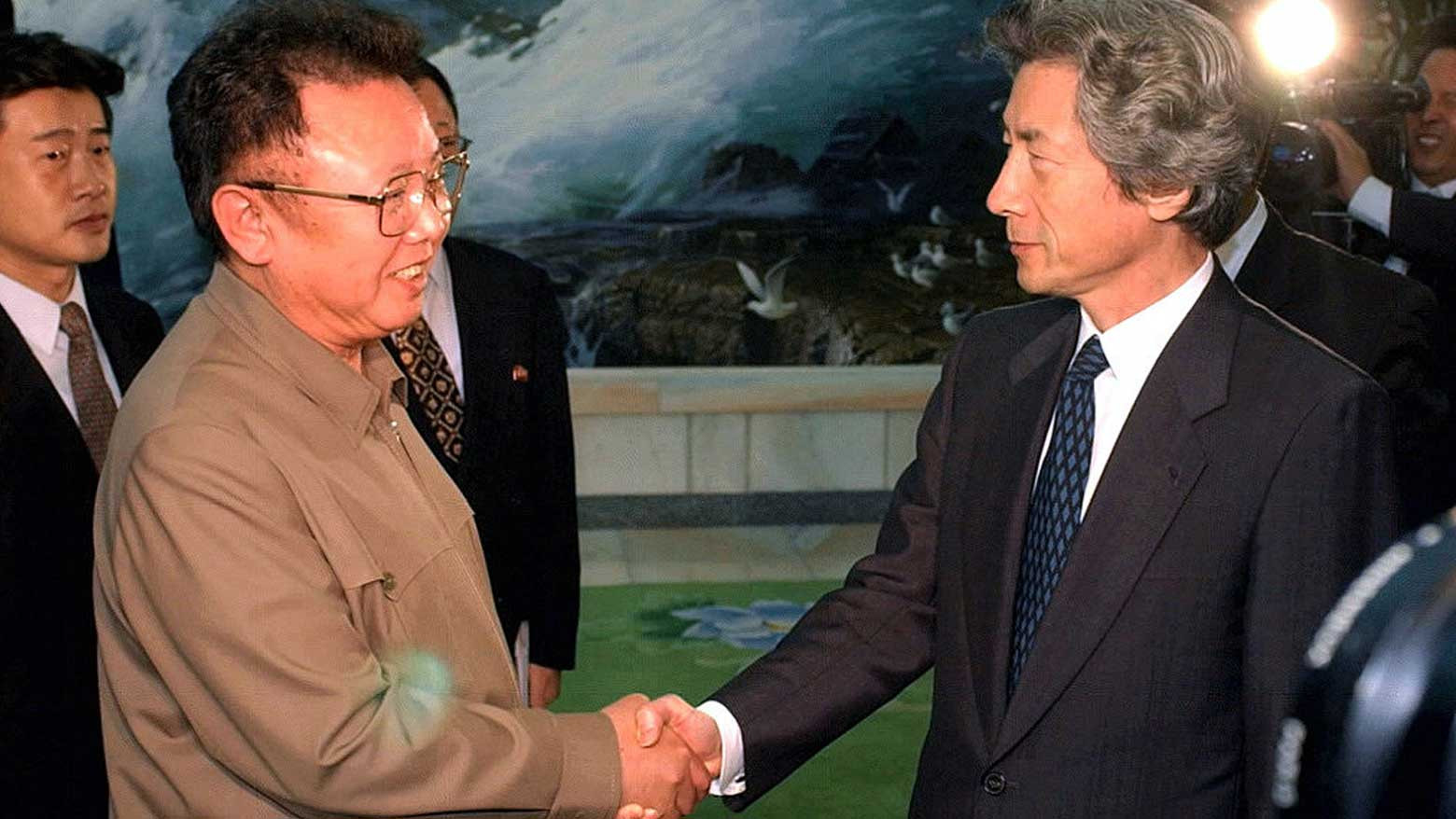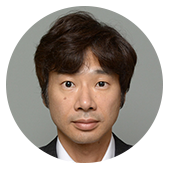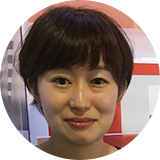Tanaka Hitoshi worked under then Japanese Prime Minister Koizumi Junichiro to prepare for his visit to Pyongyang. The official had been appointed chief of Asian diplomacy at the Foreign Ministry in 2001, just a year before the summit.
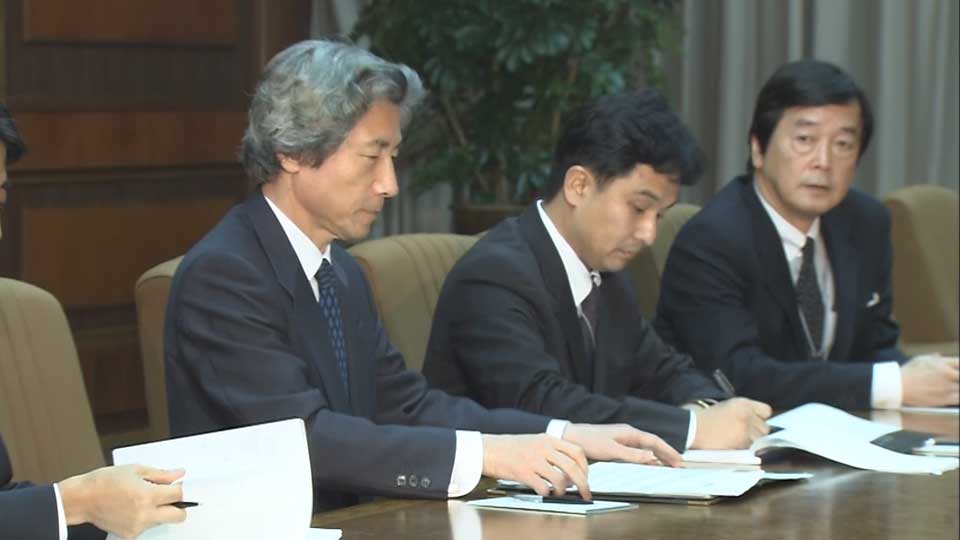
Tanaka recalls discussions with Koizumi about the top diplomatic concerns regarding North Korea.
"I told the prime minister I wanted to make a breakthrough on the Korean Peninsula and asked him whether I could proceed with matters relating to the North, including abductions," he says. "The prime minister said, 'Yes' and instructed me to keep it a secure secret, as lives were at stake."
Abductions issue
The abductions of Japanese citizens is a longstanding diplomatic issue. The Japanese government says at least 17 nationals were abducted by North Korean agents in the 1970s and 80s. Family members of people abducted by the North have been calling on the government to bring back their loved ones ever since.
During the late 1990s, new information was emerging from defectors and those who said they had been involved that suggested the abductions was a systematic practice. Public interest reached new heights.
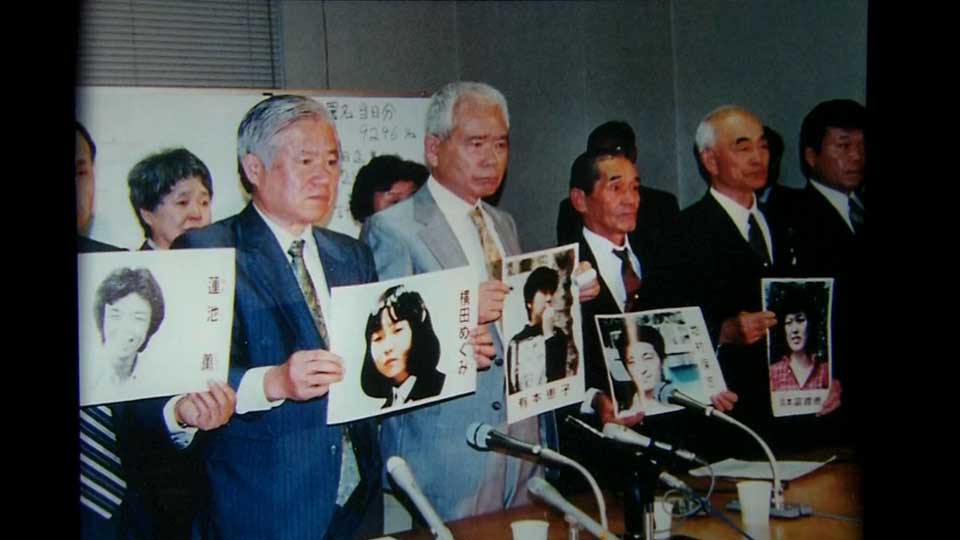
Tanaka traveled in secret almost every week to a third country to meet North Korean officials. The negotiations took place mostly in China, in hotels in Dalian or Beijing.
He says in October 2001, he met a man at the Hotel Shangri-la, in Dalian, who played a key role in paving the way for the summit.
The man introduced himself as Kim Chol, saying he was from North Korea's National Defense Commission. Tanaka says it was clear the official was hiding his real identity.
He once wore a heavy black coat and, under that, a jet-black military uniform adorned with medals.
"I thought he was trying to indicate that he was putting his life on the line in this negotiation," says Tanaka. "He once said, 'I am a military man, so I have to take responsibility if these talks don't succeed,' which often means death in the North."
Tanaka's first request to the man was for the release of a Japanese national who was being held in North Korea on suspicion of espionage.
Tanaka said the demand was a way to gauge whether his counterpart was worth negotiating with.
Shortly after Tanaka made that request, the man was released following more than two years in detention. Tanaka was convinced his counterpart was close enough to the North's leader -- Kim Jong Il.
Who was the North's negotiator?
To this day, the true identity of the North Korean negotiator, hereafter referred to as Mr. X, is not known.
Former North Korean official Tae Yong-ho, who defected and is now a South Korean politician, says Mr. X likely worked for the National Security Department -- the country's secret police department.
"I believe the negotiator had a very close relationship with Kim Jong Il, one where they could meet privately from time to time," says Tae. "In North Korea, the whereabouts of the Japanese abductees were not shared with Foreign Ministry diplomats. Only the National Security Department had that information."
Isozaki Atsuhito of Keio University is an expert on Japan-North Korea relations. He says the mystery negotiator could have been Ryu Gyong, a senior official in the country's secret police. But he adds there's no concrete evidence to prove it.
Isozaki says the Japanese diplomat found the right person in terms of achieving results.
"What is important is that the Japanese requests were delivered to Kim Jong Il through this top official, whatever his real title was," says Isozaki.
NHK asked Tanaka if he believes Mr. X was indeed Ryu Gyong. He told us he's aware of the claim, but can't confirm its veracity. Mr. X never revealed his real name, he says.
"When I heard that the man (Mr. X) was executed, it really did touch me deeply," Tanaka says.
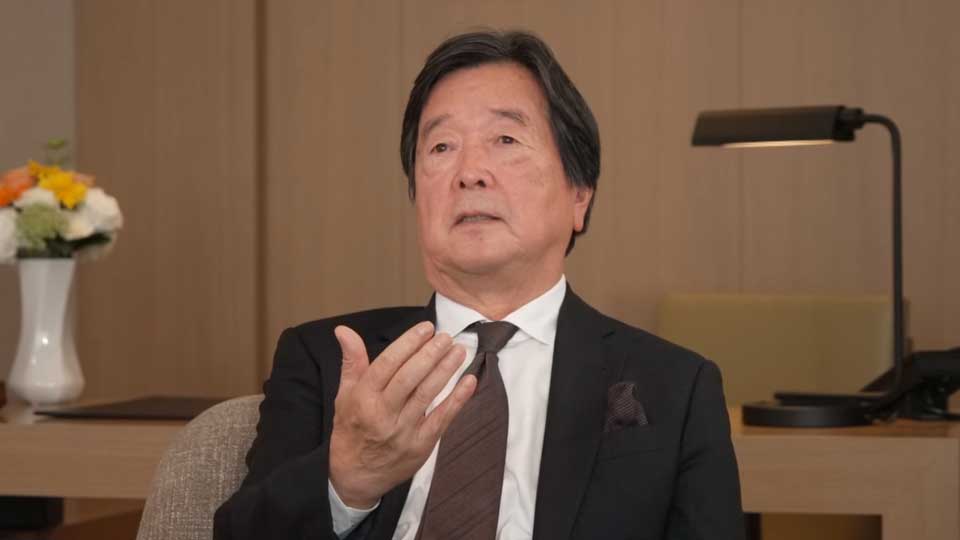
Top priorities
Tanaka finally got down to the main business in 2002. The North Korean official seemed focused only on economic aid from Japan. Tanaka stressed that "the big picture" was achieving peace on the Korean Peninsula.
"I told him that what we want is peace," Tanaka says, "and that Japan is responsible, because I studied history and I acknowledge what Japan did in the Korean Peninsula and that Japan was willing to negotiate for that purpose. I said that providing economic assistance from Japan means that we cannot proceed without resolving the issues of the abductions and nuclear weapons."
Tanaka says he and his counterpart held about 30 secret meetings, but they often stalled at delicate junctures.
Tanaka says when he asked for information on the wellbeing of the abductees before Koizumi's visit to the country, the North Korean side rejected the idea and threatened to walk away from the talks.
"They suspected that Japan wanted only to expose the abductees issue globally, and the prime minister had no intention of actually visiting North Korea," says Tanaka. "I felt it was all over."
But Koizumi was swift to act. When Tanaka reported the situation to the prime minister, he received an unexpected response.
"The prime minister said, 'Hey Tanaka, when do I leave anyway?' He talked as if the visit to Pyongyang was already decided," he says. "I believe he knew that the whole abductions story would be buried in darkness if he didn't go. I thought, 'This is a true politician'. That was the crucial moment. If he had said, 'Let me think this over for a while,' it would have ended differently."
Briefing the United States
The negotiations resumed. On August 2002, Tanaka met with delegates from the administration of then-US President George W. Bush in Tokyo to brief them on the situation in secret.
In the room was the Deputy Secretary of State, Richard Armitage, the Assistant Secretary of State, James Kelly, Michael Green from the National Security Council, and the US Ambassador to Japan, Howard Baker.
"My briefing included a draft of the Japan-Pyongyang declaration," Tanaka says. "I gave them my perspective, everything. They were listening really quietly. It's a rare occasion for Japan to brief the Americans on something. Occasionally we get a briefing from them, often something that surprises us, but not vice-versa."
"Mr. Armitage abruptly stood up and said, 'Let me handle this. I'm going back to the embassy to call Secretary of State Colin Powell. Get Prime Minister Koizumi to call President Bush tomorrow.'"
The following day, Koizumi was talking to the US President over the phone. Tanaka was by his side.
"President Bush told Koizumi that he had no objection to what Koizumi said," Tanaka recalls. "I made sure that the prime minister said that he would never harm American interests. We are allies, but we have different interests. Japan has its own agenda. And the abductions issue is the agenda that we must solve ourselves."
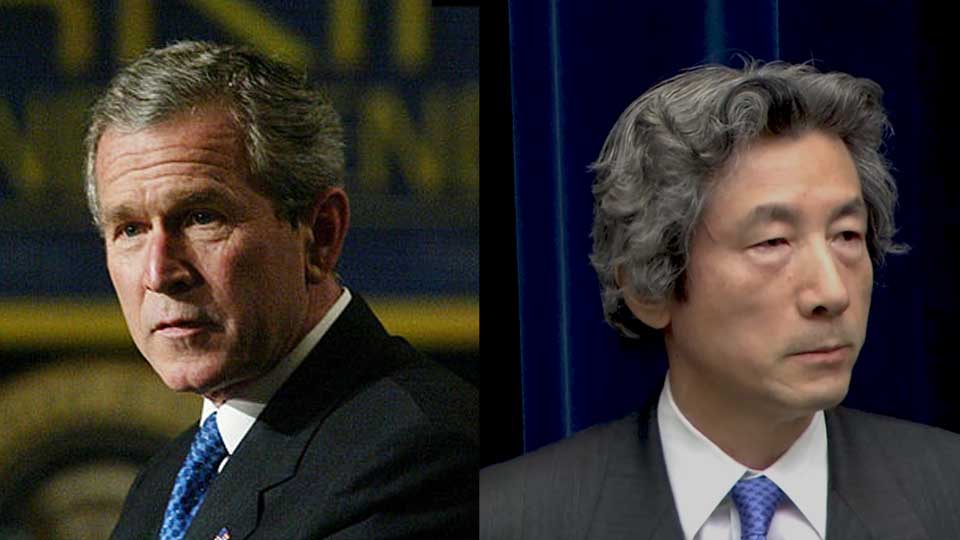
The summit goes ahead
On September 17, 2002, Tanaka was in Pyongyang with Koizumi. During the afternoon session there was a major breakthrough. Kim Jong Il admitted for the first time that the North was behind the abductions and apologized.
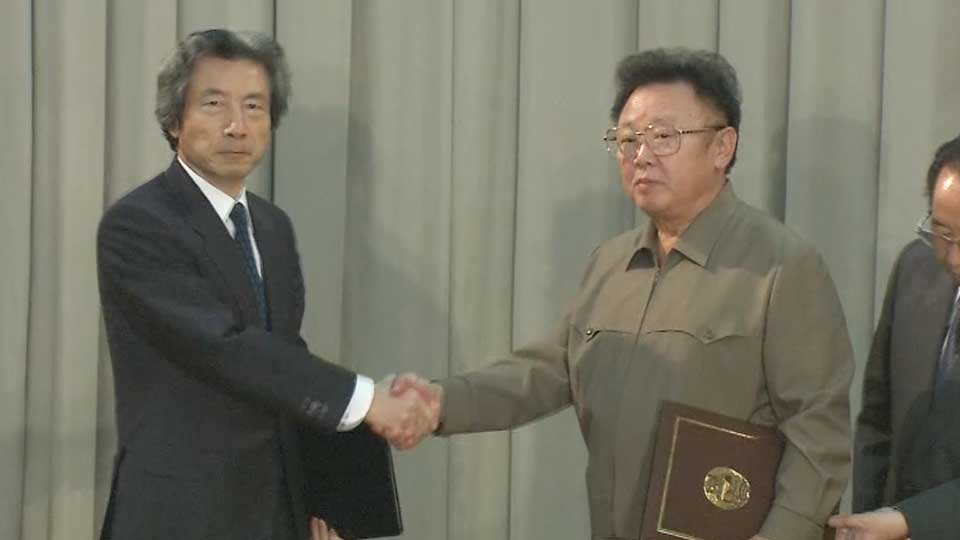
In a joint declaration, Japan expressed 'remorse and apology' for the damage and suffering caused by the country's past colonial rule of the Korean Peninsula, while North Korea promised to prevent any further abductions. They also agreed to resolve the nuclear and missile issues as well as work toward normalizing diplomatic relations as soon as possible.
That same day, a bombshell revelation saw events take a new turn. North Korean officials revealed five abductees were alive and eight were dead. The five were later allowed to return to Japan, supposedly temporarily, although all decided to stay.
Tanaka recalls the fierce debate that took place over the five abductees.
"I acknowledged that it was a political decision whether to have the abductees stay in Japan forever, or return them to the North as we promised," he says. "I asked them (senior government officials) to consider what would happen if we didn't send them back. My negotiation route would collapse and it could take more time to get the abductees' children back as a result."
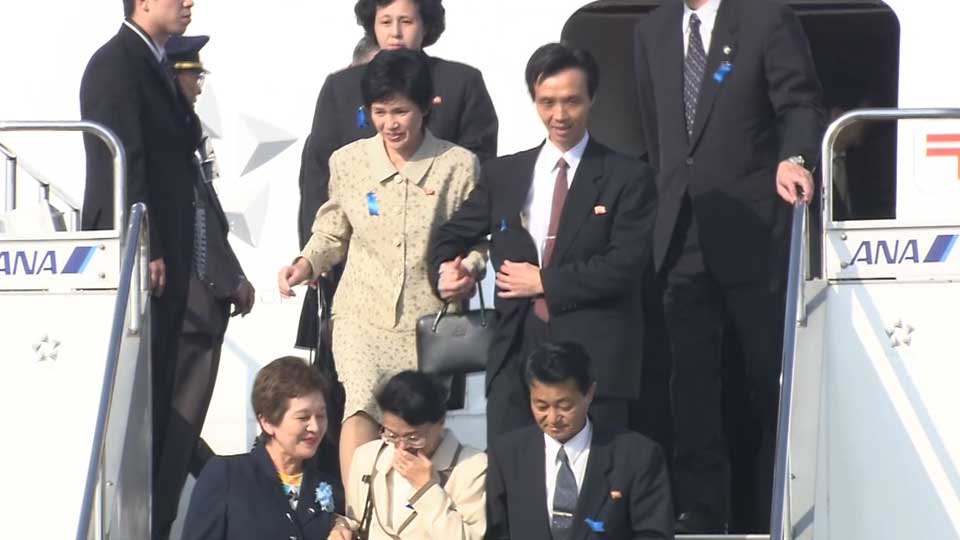
Public anger
The reported deaths of some of the abductees and the grief of their families, which was intensively covered by the Japanese media, stoked public anger against the North.
That resentment eventually weighed on Tanaka and his secret negotiations. The media criticized him, calling him "too pro-North Korea."
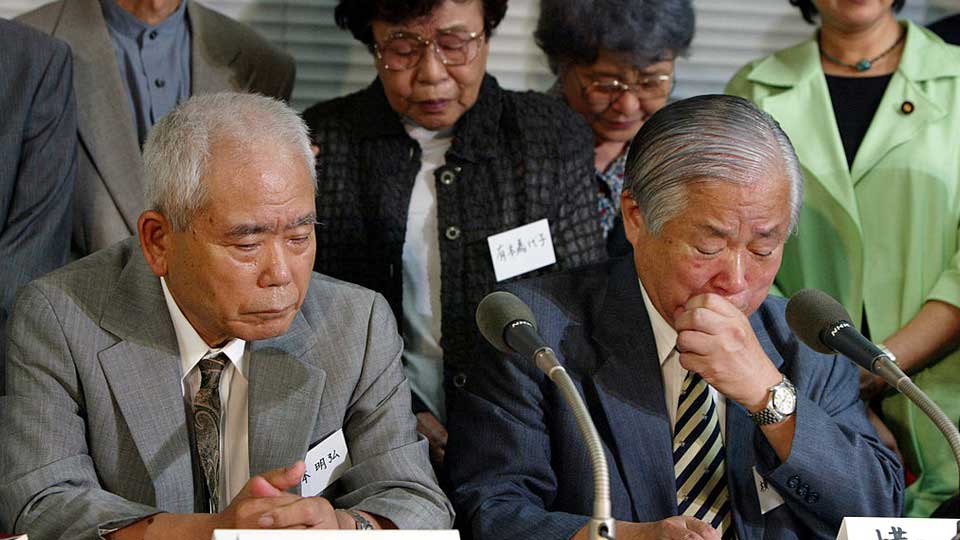
Tanaka argues that the negotiations had to be conducted covertly.
"If it became public, the negotiations could have been disrupted, even resulting in someone's death," says Tanaka. "But I do sometimes wonder if there was room for a better way to explain what was going on to family members of the abductees and the media."
Isozaki, the expert on Japan-North Korean relations, believes the secret negotiations were essential if results were to be achieved.
"At the very least, you can say that this is the only achievement on the North Korean and abductions issues in 20 years," he says. "Since then, no other abductees have been returned."
Tanaka was haunted by the fallout over the abductions issue -- and finally resigned from the Foreign Ministry in 2005.
He says that while the criticism he faced was over the secret nature of the so-called diplomacy-in-the-dark negotiations, everything he did was in the national interest.
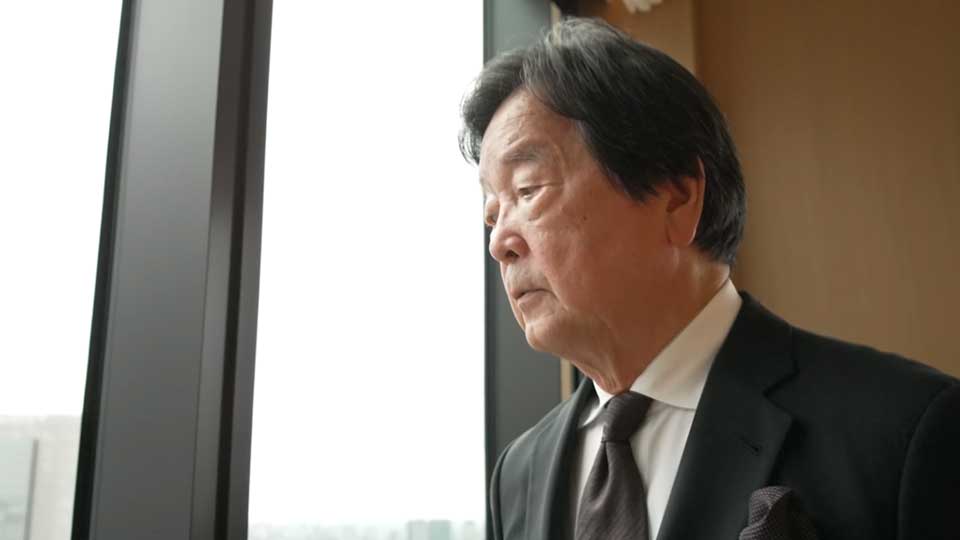
"Whether diplomats or politicians, we must keep asking ourselves what is required as professionals," he says. "I believe that government officials should not be swayed by public opinion."
(The feature was first published on August 9, 2022.)
